Astronauts and astronomers are usually the first jobs that spring to mind when you think of space careers, but have you ever heard of a space lawyer, an astro-ecologist or a space marketing executive?
Space offers a wider range of career opportunities than you may think: in engineering, business, web development, writing, accountancy, art, scientific research, data analysis, computing and medicine.
The UK space industry is growing too. It has a total annual income of £16.4bn and employs over 45,000 people.

Plus there are 7 new spaceports planned to be operational in the UK within the next few years.
The UK is also a member of the European Space Agency (ESA), which trains astronauts and launches missions to explore the Solar System and beyond.
There are many routes into the space sector, and which one you take depends on your unique blend of skills and interests.
What sort of jobs are in the space industry?
Consider a mission like the James Webb Space Telescope. Engineers design, build and maintain the spacecraft.
Computer programmers write code so the spacecraft can perform tasks and communicate with Mission Control.
Flight controllers make everything run smoothly. Lawyers ensure legislation is in place for the launch.
Astrophysicists analyse data and artists illustrate cosmic phenomena, while writers communicate scientific discoveries to the world.
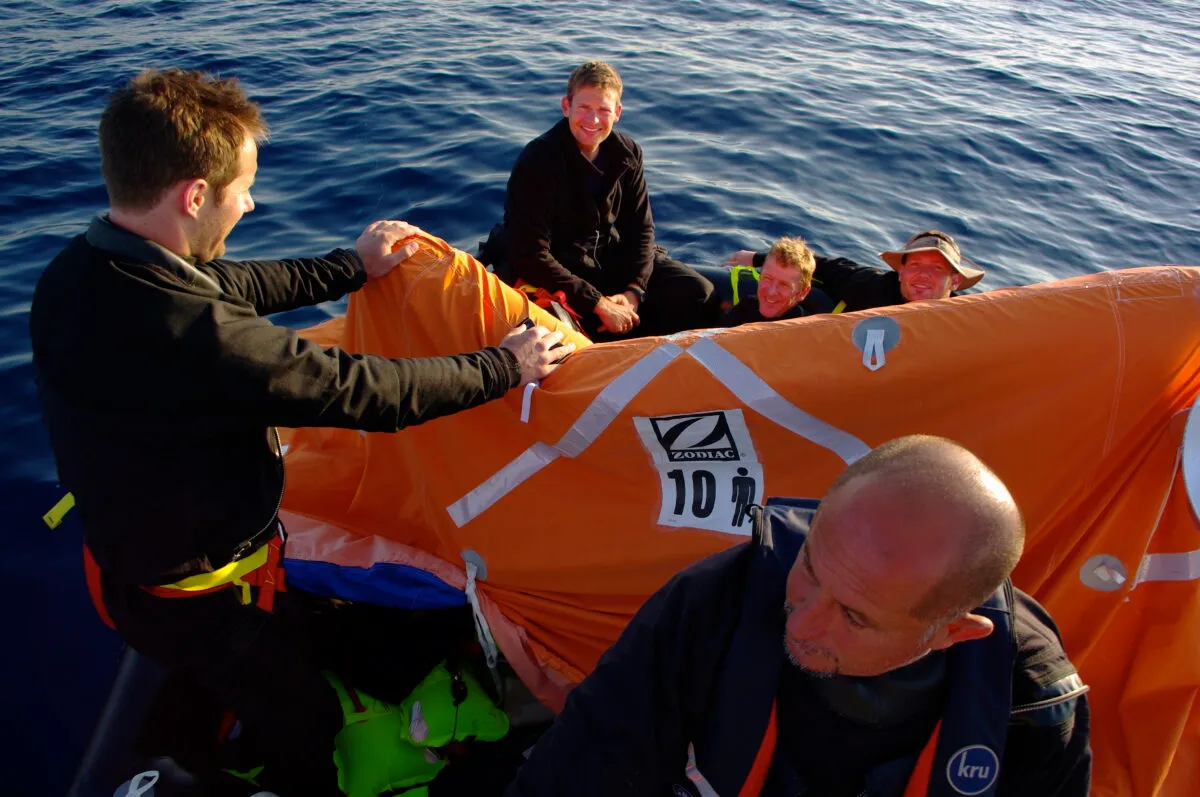
A mission to the International Space Station (ISS) needs astronauts like the UK's Tim Peake or Rosemary Coogan to travel into space, maintain the station and perform experiments.
A large ground team makes these missions happen, training astronauts, ensuring operations run smoothly and planning the astronauts’ schedules.
ISS systems are designed, developed and maintained by scientists and engineers.
While medics study the effects of microgravity on the human body, doctors and psychologists find ways to overcome the barriers to human spaceflight so we might one day see human footsteps on Mars.
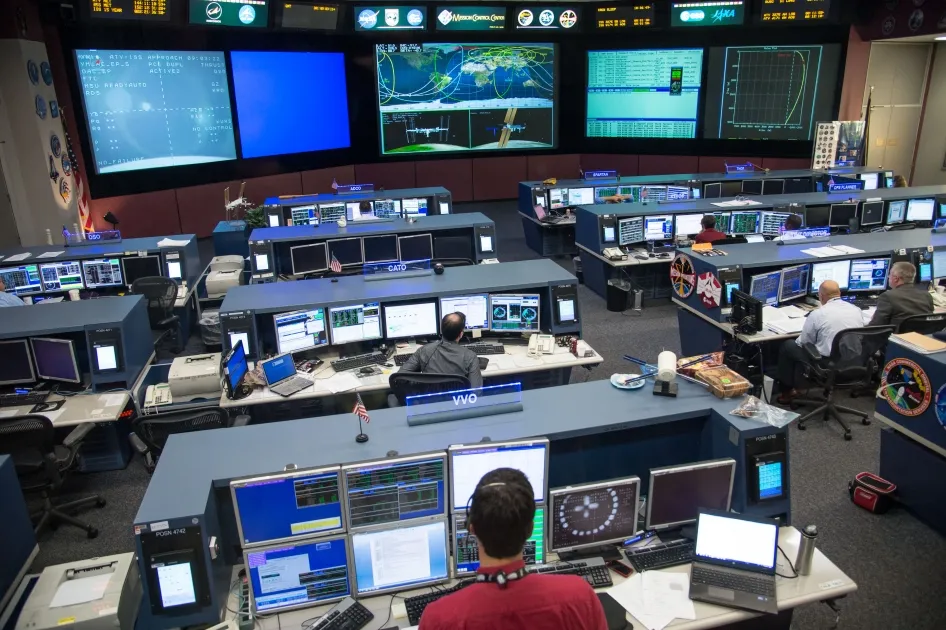
Choosing your career in space
So how do you know which career path you should choose in space and astronomy? The good news is you don’t need to decide right away.
If you’re selecting options for your GCSEs or A-levels (or their equivalent, if you don't live in the UK), or have already received your results, and are thinking further ahead to what you might want to do after leaving school, remember the diversity of careers in the space industry means you don’t necessarily need to choose a specific set of subjects.
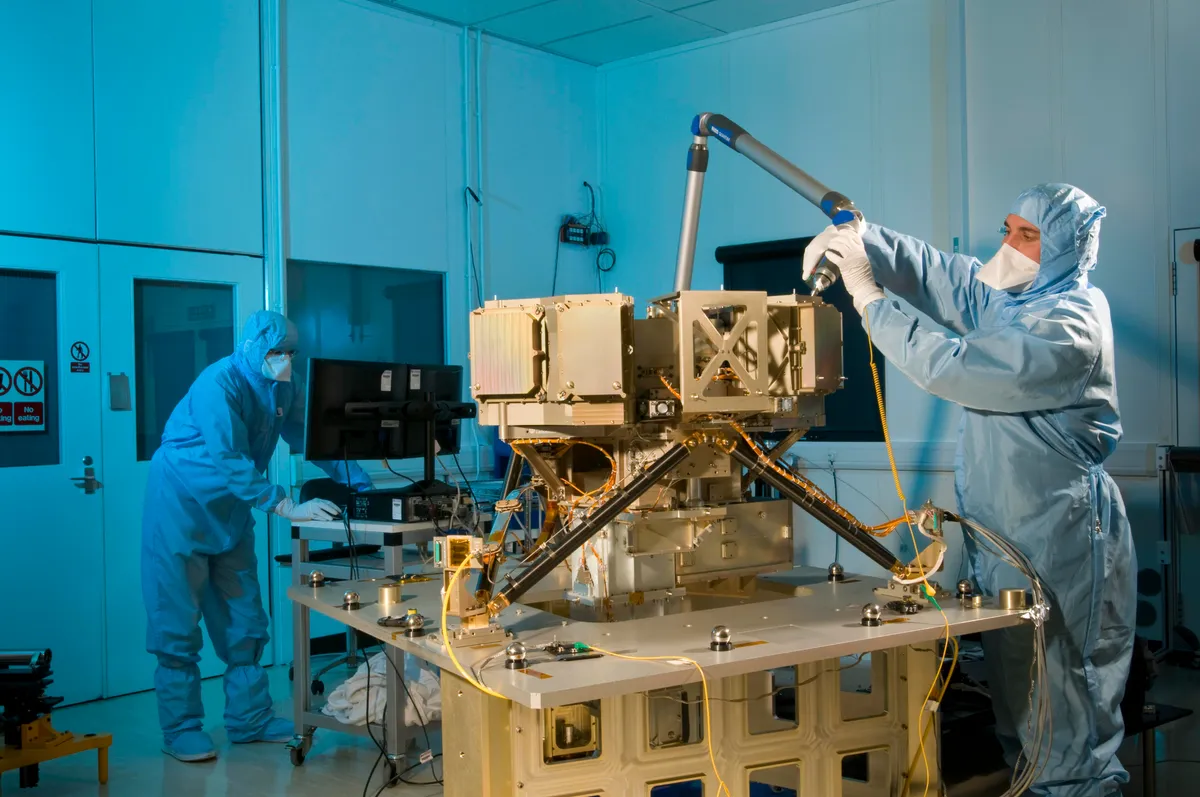
Think about what you love doing. You’re more likely to do well at the things you’re passionate about and you’ll be happier in your work too.
Technical careers, such as engineering, need a good scientific background, so sciences and maths at A-Level will keep your options open.
Career events like those run by the National Space Academy are a great way to experience the range of jobs available and meet people from the industry.
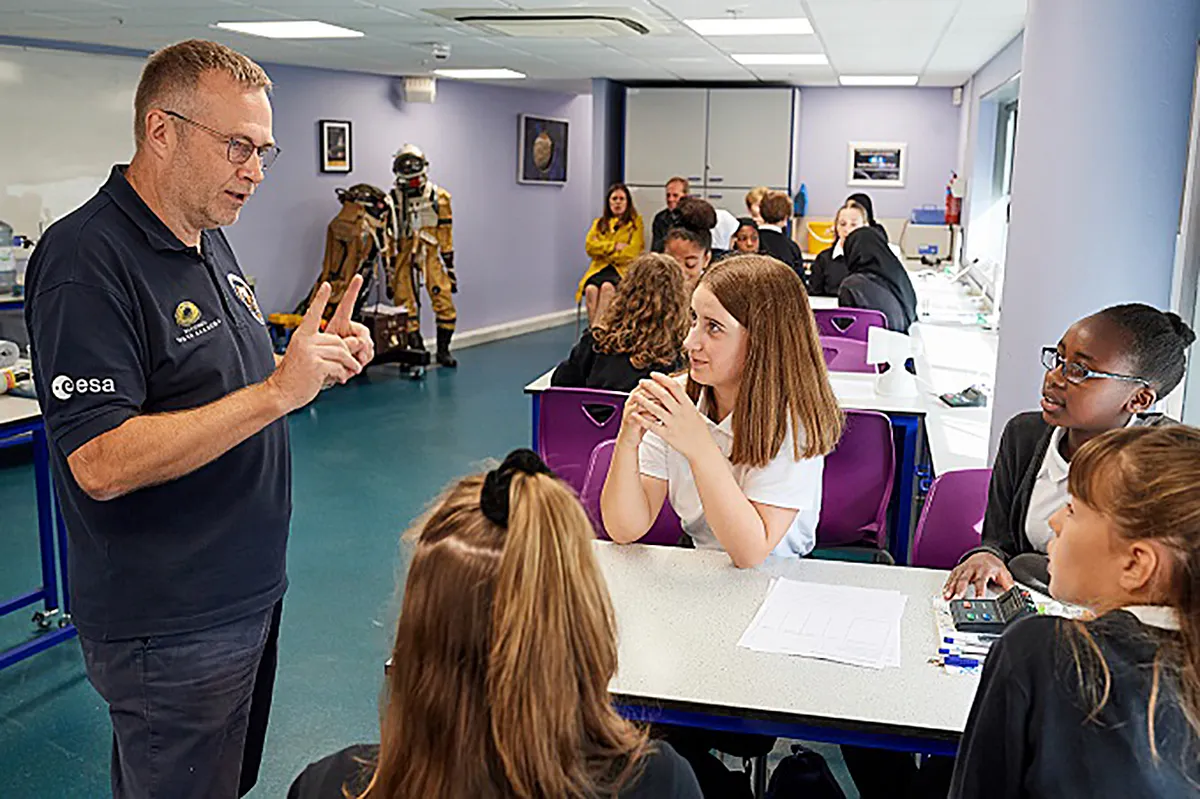
Perhaps you already know what job you want to do. Use the job as a starting point and work backwards from it to see what routes will help you get it.
Research your chosen career to make sure it’s right for you. Often, we only see the most exciting or glamorous parts of a job.
Astrophysicists don’t spend their time on top of a mountain gazing through a telescope; usually they can be found at a computer in a university, working with data or giving lectures to undergraduates and doing public outreach activities.
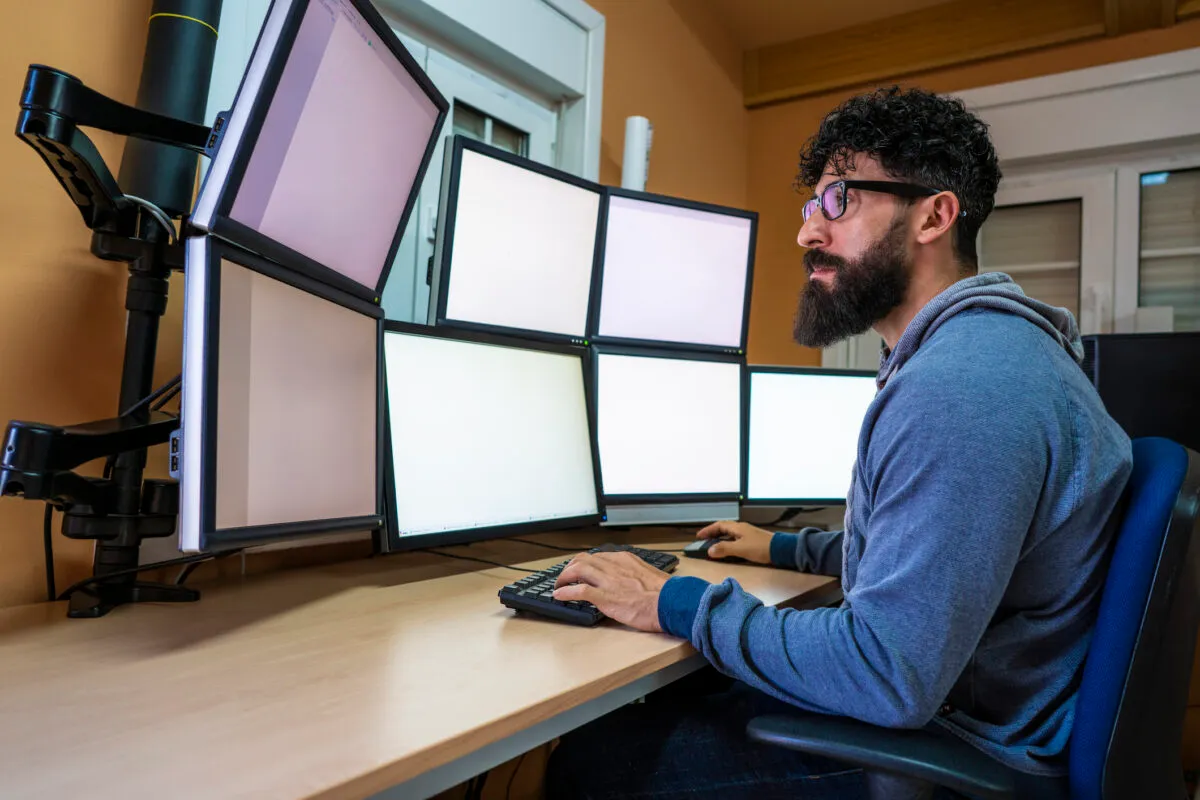
Astronauts only spend a few weeks or months in space, but undergo years of gruelling training and travelling to get there.
"We aren’t looking for supermen and superwomen who are the best at everything, but people who are good at a wide range of activities," says Lucy van der Tas, Head of Talent Acquisition at ESA.
"Astronauts need to be physically fit, have good motor coordination and be comfortable with underwater training, which simulates microgravity.
"Our astronauts must be team players and get along with others. That’s critical if you’re going to spend months in close confinement.
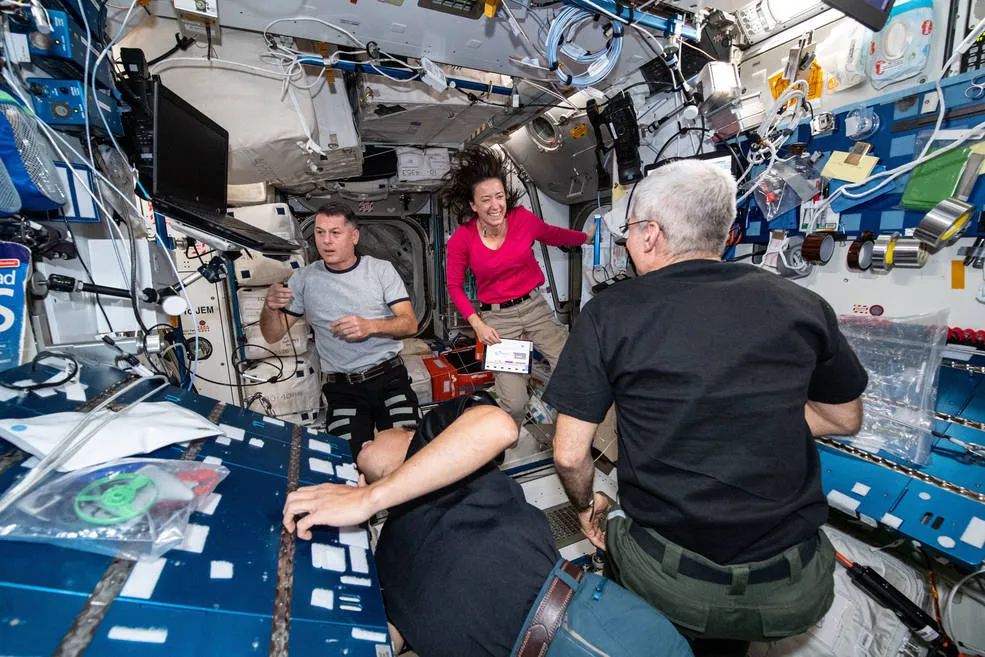
"They have to stay calm under pressure, so they take the right steps in an emergency. They also need good communication skills and patience, as it can take time to get assigned to that first mission."
An academic route into the space sector might include GCSEs followed by A-Levels, a university degree and possibly a postgraduate qualification, such as a PhD.
This is often the route for a career in astrophysics or scientific research. If this sounds like it’s for you, explore courses you’re interested in, figure out what they entail and what the entry requirements are.
BBC Bitesize

BBC Bitesize is a free online resource designed to help with careers and learning.
There’s a range of interactive lessons, video clips and quizzes to help boost your knowledge in all subjects, including physics and space science, as well as a huge range of careers resources including job profiles, interviews and CV writing tips.
How to become an astronomer
If your interest lies in astronomy, sciences and maths are important, and most astronomers do a university degree in astrophysics or a related subject.
Sheila Kanani, Education, Outreach and Diversity Officer at the Royal Astronomical Society, did a four-year Master’s in Physics and Astrophysics at the University of Manchester, followed by a PhD in Planetary Science at Mullard Space Science Laboratory.
This was followed by teacher training and a job as a full-time teacher.
"I was able to go to Australia and also worked with the radio telescope at Jodrell Bank, where I was using pulsar timing data to look for exoplanets around pulsars," she says.
"It’s been a very winding career path that led me to where I am today. I’ve got a background in education, but also a research background as well, which I think is really important."

Astronomers use computers for modelling and working with data, so computer programming skills are useful.
Join an astronomical society or attend local talks and events, to immerse yourself in the subject.
As an astronomer you’ll conduct research into the processes that govern the Universe and you may end up studying exoplanets, stars, black holes, galaxies or the evolution of the early Universe.
Observational astronomers use telescopes and cameras, analysing data to provide a picture of what’s happening in the cosmos.
Theoretical astronomers use maths and computer modelling to make predictions and explain observations, helping to put pieces of the puzzle in place.
To become a professional astronomer, you’ll need to study for a PhD in an area of astronomy that interests you.
Then you can apply for jobs in universities, observatories or research institutes around the world.
Picking a university for space and astronomy
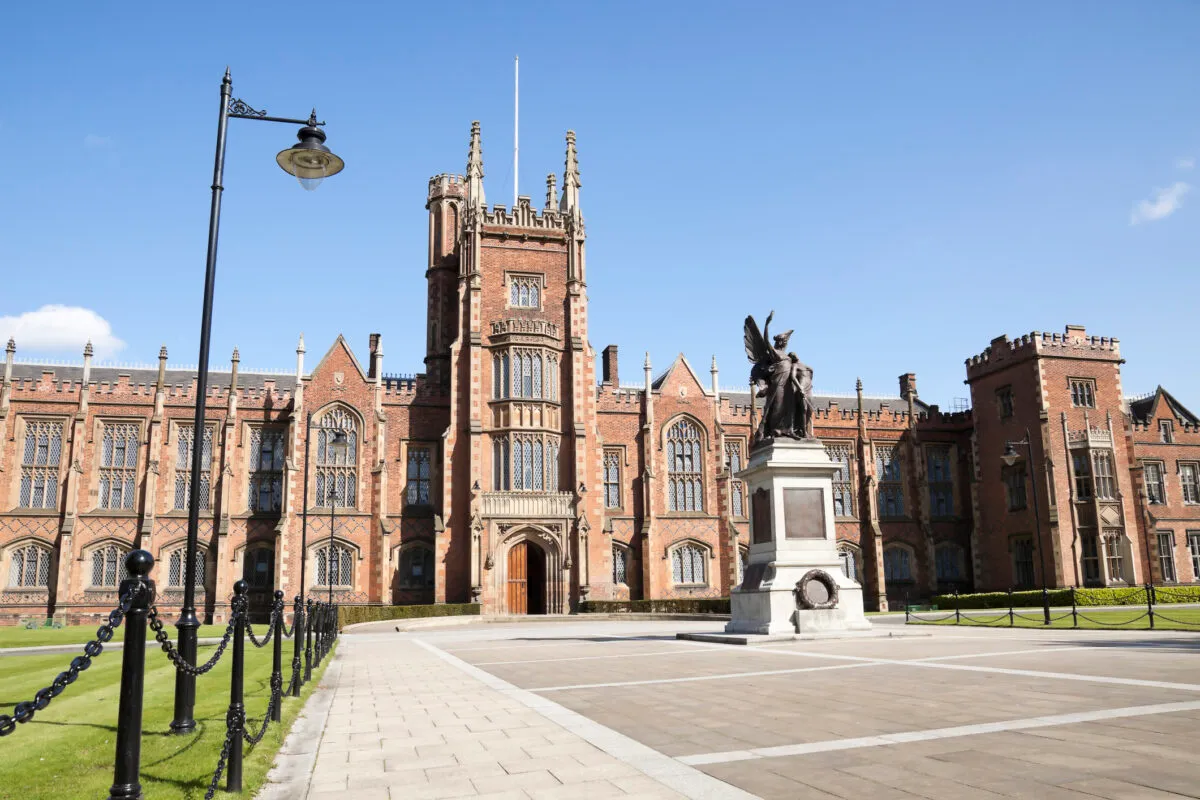
Do some research into the universities that have a good reputation for the particular subject you’re interested in.
UK universities rated highly for physics and astronomy include the University of Oxford, the University of Cambridge, the University of St Andrews, the University of Manchester and University College London (UCL).
Queen’s University Belfast has a thriving astrophysics research centre with a teaching observatory for those interested in observational astronomy.
Cardiff University is part of the LIGO (Laser Interferometer Gravitational-Wave Observatory) group that made the first detection of gravitational waves in 2015.
Scientists from the Space Research Centre at the University of Leicester worked on the Mid InfraRed Instrument (MIRI) on board the James Webb Space Telescope.
Spend time looking at what each university has to offer.
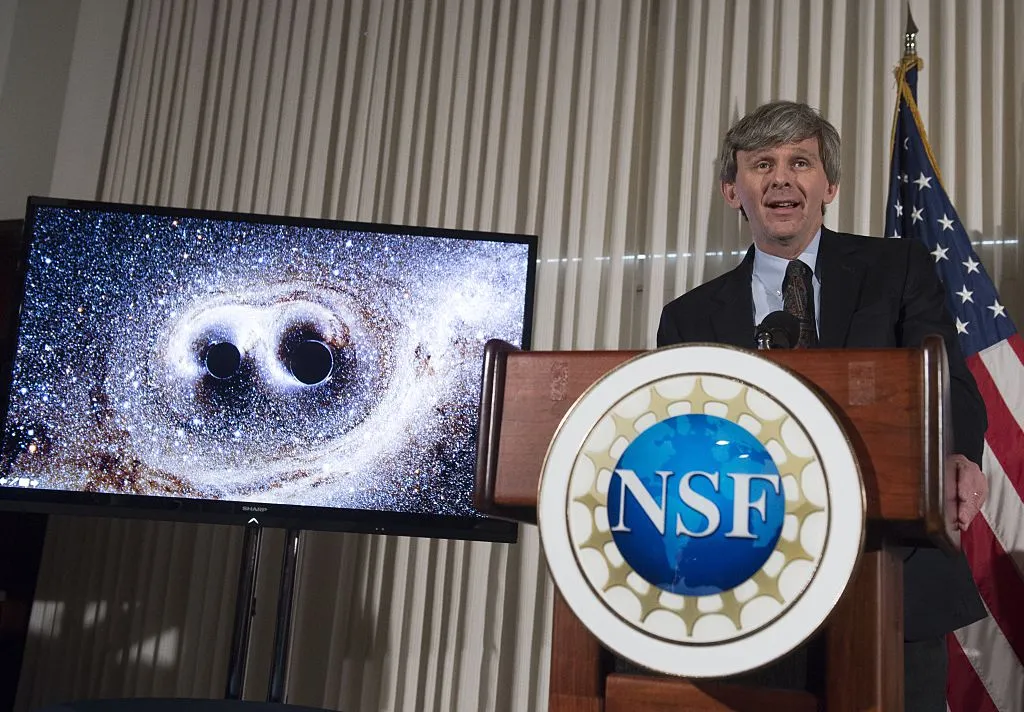
Space and astronomy work experience
Work experience schemes such as Space Placements in INdustry (SPIN) enable you to learn new skills and try a career on for size.
Graduate training schemes are an excellent way to get into the space industry and launch your career, while learning valuable skills.
Examples include ESA’s Young Graduate Trainee Programme (YGT) and schemes with aerospace companies such as Airbus, QinetiQ, RAL Space and Surrey Satellite Technology Ltd (SSTL).
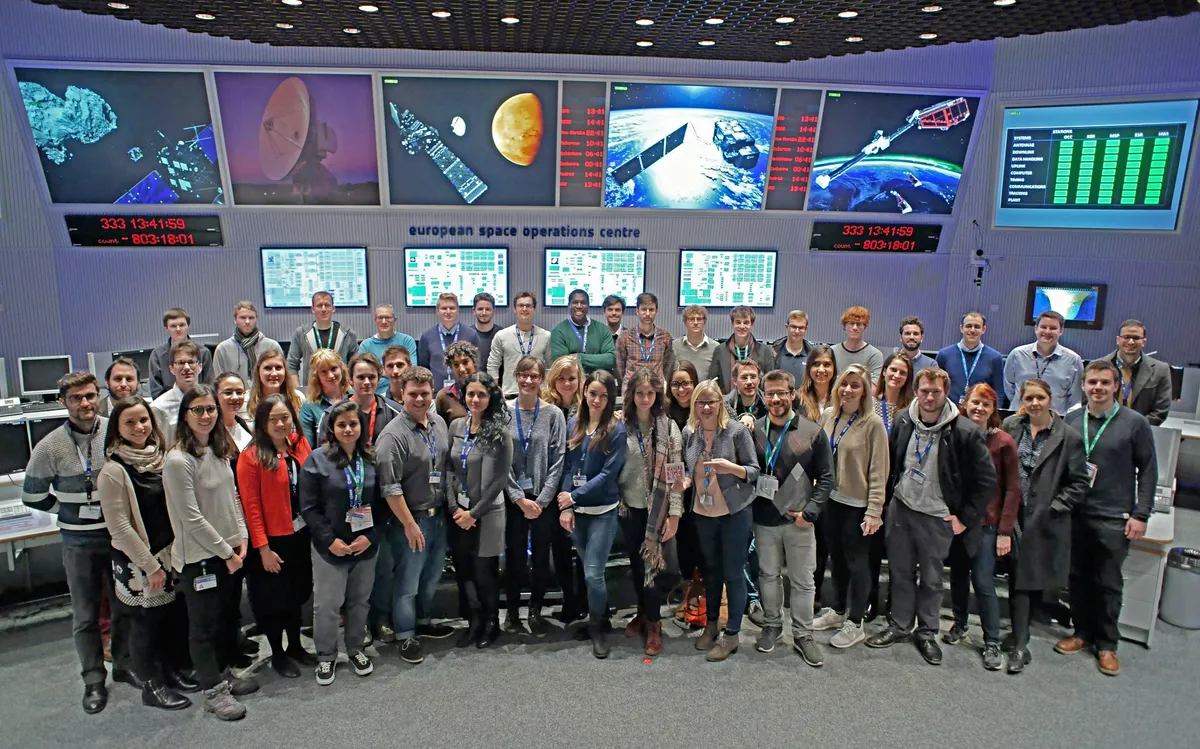
The growth of the space sector depends on people with the right skills entering the industry, and apprenticeship schemes help ensure that people with those skills are there to drive the industry forward.
Apprentices receive on-the-job training while being paid for work, and study for at least 20% of their working hours (usually one day a week), gaining skills and knowledge needed for the job.
Apprenticeships usually last between 1 and 6 years and are available at different levels, so you can choose one to suit you and your qualifications.
UK organisations offering apprenticeships include Airbus, Rolls-Royce, QinetiQ, SSTL, Reaction Engines, RAL Space and the National Space Academy.
Support for students
UK Students for the Exploration and Development of Space (UKSEDS) is the UK’s national student space society.
It provides training and events for students with an interest in space. UKSEDS has a careers hub with details of jobs and internships, interviews with people working in the sector and resources to help you map out a career path.
If you’re after a direct-entry job, it’s a great place to start.
Summer schools, such as Space School UK, run programmes for young people with an interest in space science.
Many schools have a STEM (Science, Technology, Engineering and Maths) club that gives you a chance to develop skills and meet like-minded people.
Studying subjects such as GCSE Astronomy, taking part in competitions like the UK Space Design Competition and getting involved in projects like the National Schools Observatory are all great ways to boost your knowledge and skills.
With many innovative space and astronomy missions on the horizon, new UK spaceports being constructed and humans set to return to the Moon to build the Lunar Gateway, it’s an exciting time for astronomy and space exploration.
The question is will you be a part of it?
This guide originally appeared in the September 2021 issue of BBC Sky at Night Magazine.
